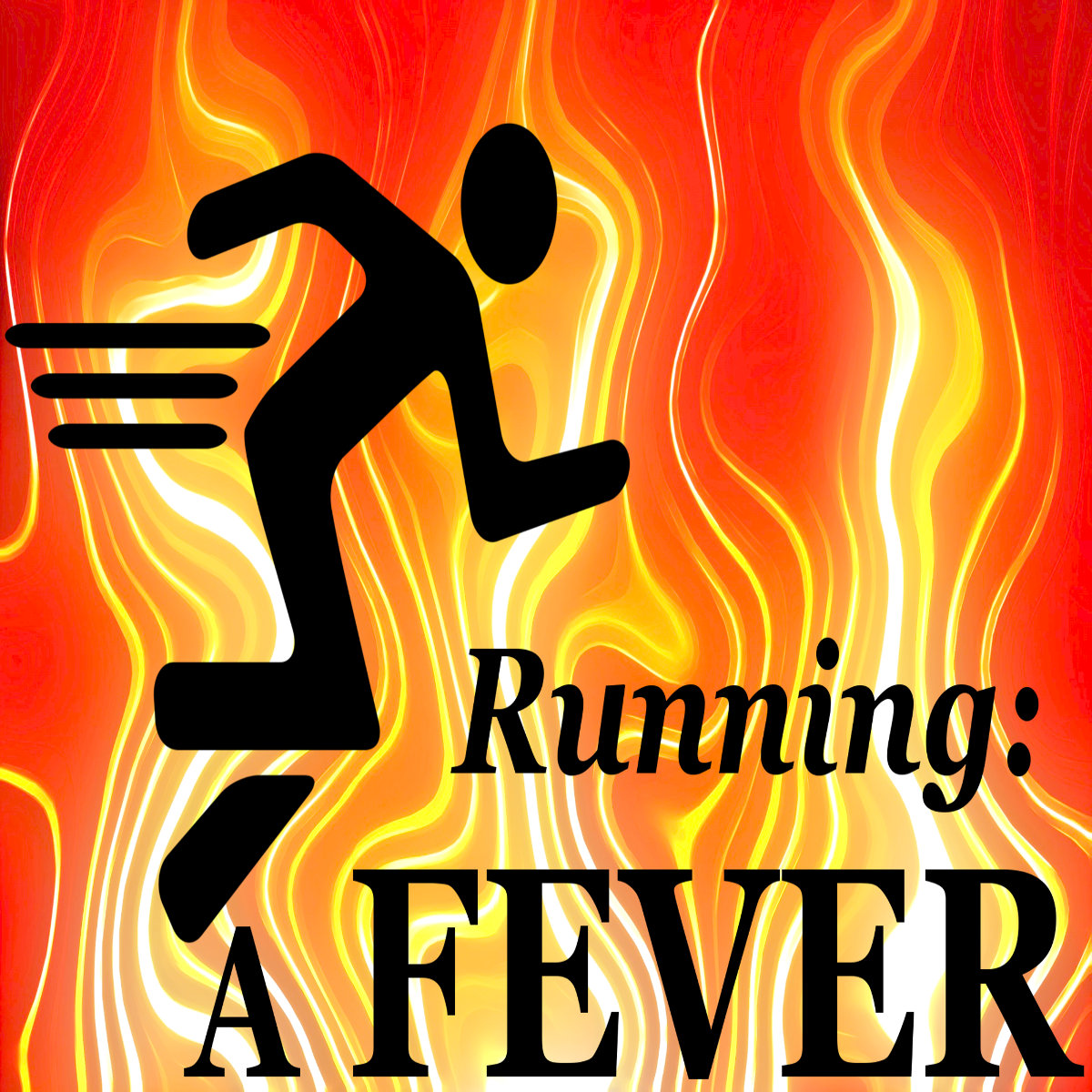I know what you’re thinking. “How can you put everything about eating right in one episode? After all, you’ve already talked about it for most of 171 episodes and you’re still going.” Good point! I’m looking at how to eat right in terms of sticking to a plan. We know that habit and discipline go hand in hand. The more something becomes habit, the less effort it takes to maintain discipline. Discipline is sticking to a plan.
We should always be thinking about habit. Breaking bad ones and making good ones and get in the habit of thinking through those that we’re not sure about. Researching, asking questions. For example, it’s not really clear to me whether an extreme low calorie day once every week or so might be a good thing. I tend to want to go there when I’m not happy with the news from the scale. It may be a good habit to get into or a bad habit I want to get out of, I don’t know, I need to get more information, and I will.
If you’re like me, you tend to rationalize. When I rationalize, I am coming to a conclusion based usually on emotion or some process that is NOT rational, then I come up with rational explanations for my behavior. Another word for this is justification. This process isn’t necessarily nefarious. It’s often how we get new ideas for what we do, for example, my extreme low calorie day. But we can’t stop there. Our rationalizations need to be vetted by more concrete information.
When I want to go off course, I think about why I’m doing it. If I already have established good habits, it will be pretty clear when I’m deviating from them. This may be just an impulse, or another bad habit trying to work its way back into my behaviour. So I should be able to recognize these interruptions immediately. Then, I need to ask the question “Why?”. Why am I doing this? This is when my core intentions and goals come into play. Does this deviation support my goals in some way? Does it hurt my progress toward any of my goals?Then I need to make a decision. One way or another, this action is going to be good, or bad, or neither. We’ll find out eventually. No one makes the right decision every time, but over time, we become better at making these decisions.
But decision making isn’t really the important thing here, in what I’m talking about today. It’s forming the habit of driving myself into decision-making mode. Take what I’ve done in this situation:
1. The initial recognition of the act that’s invading my routine.
2. The evaluation of it in relation to my goals, and the decision.
…and make THIS my new habit.
So at this point, I’m not as much concerned about how well I made a decision, but that I force a decision every time. I’m not just acting on impulse. It’s a beginning in the right direction. While I may not have the habit of saying “no” to dessert, if I develop the habit of saying “wait a minute”, I’m on track of reaching my goals.
Emotion is useful, but it should not dictate our actions. So if good health is important, feelings about my diet should take a back seat to thinking in the decision-making process.
Weight 7-day Avg. (change since Jan 2018): 218 (-56)
Workout time: 153 Minutes
Total Distance (total since Nov 2017): 7.59 Miles (521.22)
Steps: 16,763
Muscle Mass 7-day Avg. (change since Aug 2018): 154.68 (+12)
Body Fat 7-day Avg.: 29%
Daily Sleep Duration 7-day Avg: 5 hours
2019 Goal: 15% Body Fat
